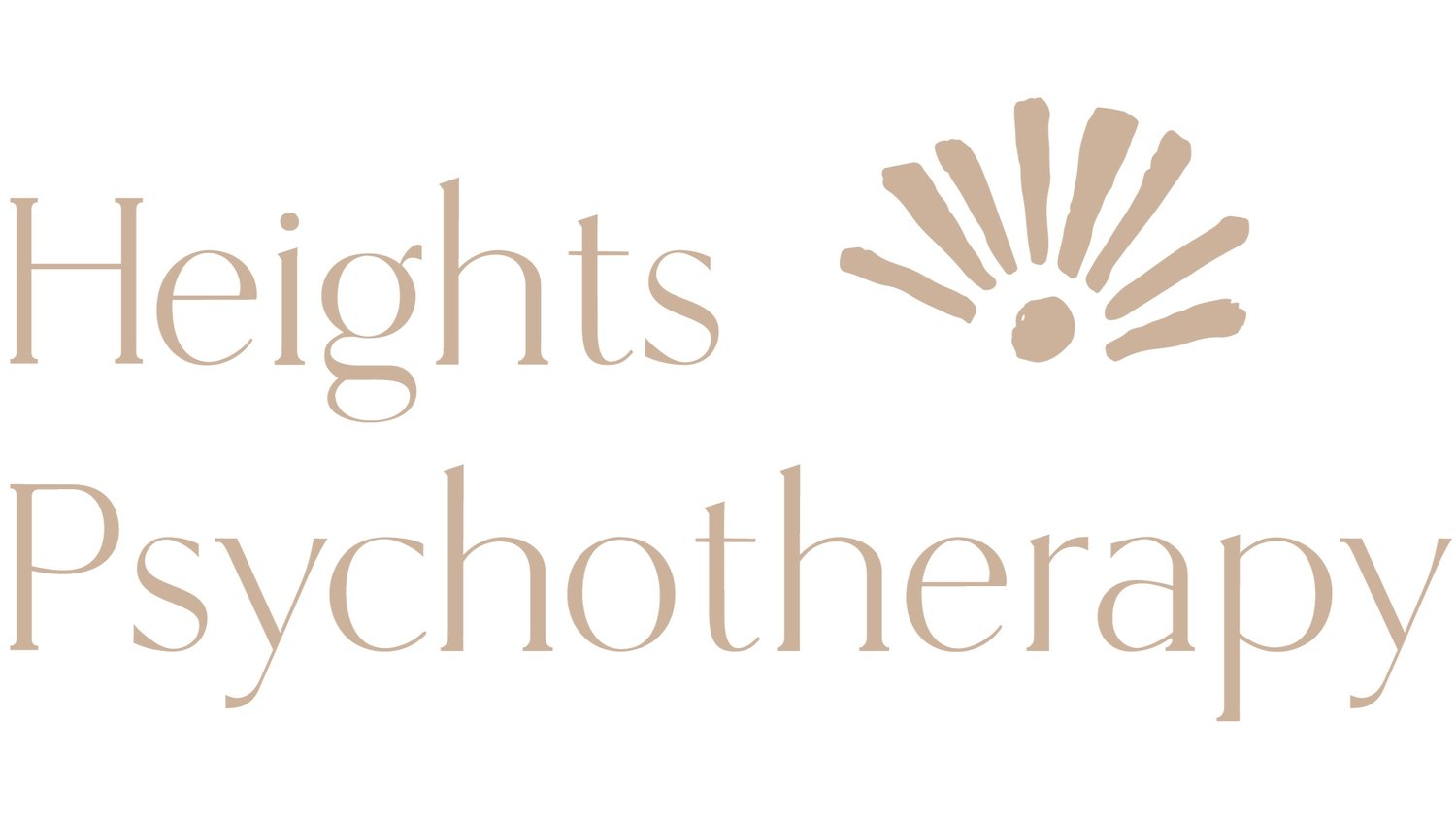10 Signs It’s Time to Try Couples Therapy in Jersey City, NJ
Navigating the journey of a romantic relationship can be both rewarding and challenging. For many couples, there comes a time when seeking help becomes essential. Couples therapy can provide the tools and guidance needed to reconnect and strengthen your bond. Here are ten signs that may indicate it's time to consider couples therapy right here in Jersey City.
1. Communication Breakdowns
If you notice that meaningful conversations have turned into arguments or silence, it may be time to seek professional help. Good communication is the bedrock of any relationship, and when it falters, the connection can start to fray. You might find that simple topics lead to major disputes, leaving both partners frustrated and hurt. Ignoring these signs can lead to feelings of isolation, where you each feel like you are on opposite sides instead of on the same team.
The art of discussing issues without spiraling into conflict can be learned, and that’s where couples therapy in Jersey City, NJ, can make a difference. By tuning into each other's feelings and responding empathically, couples can recreate that initial spark of understanding.
2. Recurring Conflicts
When you find yourselves stuck in the same disagreements time and again, couples therapy can provide new perspectives and solutions. It can be disheartening to feel like you’re having the same fight over and over. Often, there's a deeper issue lurking beneath the surface, and unless that’s addressed, those arguments will reappear. Couples therapy encourages you to unpack these recurring conflicts, promoting honesty and exploration of feelings that may have been ignored.
Additionally, a therapist can help identify patterns and triggers that lead to conflict, equipping you with the tools to break the cycle. Engaging in guided conversations can lead to breakthroughs that foster growth and healing.
3. Loss of Intimacy
Significant changes in emotional or physical intimacy can signal underlying issues that therapy may help address. Intimacy isn’t just about physical connection; it embodies trust, vulnerability, and emotional comfort. If you suddenly feel distant from your partner, it's crucial to introspect and take collective action. Relationships can evolve, and sometimes couples find themselves in a rut. Therapy provides a safe space to explore feelings of disconnect and re-establish a sense of closeness.
Rather than letting these feelings fester, addressing them with professional help can lead to renewed passion and connection. It's never too late to reignite that flame.
4. Feeling Undervalued or Unheard
If one partner feels consistently overlooked or neglected, therapy can facilitate healthy communication and mutual respect. Each person deserves to feel valued in a relationship, and yet many partners struggle with expressing their needs. When your voice isn’t heard, it can lead to resentment and further alienation. A therapist can assist in ensuring that both partners’ feelings and opinions are validated, fostering an environment where both can thrive.
Feeling undervalued is often a cry for help, and that’s where professional guidance can empower you to navigate those murky waters toward a more inclusive partnership.
5. Drifting Apart
When you start to feel like more like roommates than partners, it's crucial to reconnect with the help of a therapist. Life can get busy, and it's easy to lose sight of the connection you once shared. When your daily interactions revolve around logistics instead of intimacy or joy, it might be time to reassess your emotional investment in each other. Therapy can serve as a launchpad for rekindling interest and passion, promoting activities that foster joy and connection.
Communicating your needs and desires can help bridge the gaps that have formed over time, often leading to newfound appreciation and understanding of each other.
6. Life Transitions
Major life changes, such as having children or switching jobs, can stir up stress and conflict, making therapy a valuable resource. Each significant event in life brings its challenges, and these can put a strain on even the strongest relationships. Couples often navigate the aftermath of such transitions alone, leading to misunderstandings and stress. Therapy allows partners to discuss these changes openly, explore their implications, and establish cohesive strategies to handle new dynamics.
Working through these transitions with the support of a professional can lead to an enhanced understanding of each other's perspectives, ultimately strengthening the bond.
7. Trust Issues
Past traumas or infidelity can leave lasting scars; therapy can guide you through the healing process and rebuild trust. Addressing trust issues head-on is crucial, as unresolved feelings can threaten the very foundation of a relationship. Therapy provides a neutral environment to explore why trust has been broken and what can be done to mend it. Sharing experiences and feelings about trust can help pave the way toward reconciliation, where understanding replaces the need for defenses.
Rebuilding trust is a gradual process, and with the right tools from therapy, couples can often find their way back to a more secure and trusting relationship.
8. Emotional Distance
If your emotional connection feels strained or absent, couples therapy can help rebuild that crucial bond. Emotional distance can leave partners feeling isolated and disconnected, making it imperative to confront those feelings. Often, it stems from unresolved conflicts or unmet needs that have been buried. Therapy can help navigate these hidden emotions, providing space for honest dialogue and vulnerability, which are essential for rebuilding intimacy.
Combining communication techniques with therapeutic insight can bring understanding and foster deeper emotional connections.
9. Different Future Goals
When you and your partner have diverging dreams or priorities, a therapist can help navigate those differences constructively. Differences in future goals can create tension, as partners may feel like they are pulling in opposite directions. Therapy provides a platform to lay these visions out on the table and find common ground. Through guided discussions, couples can explore compromises and develop shared objectives that honor both partners' aspirations.
Addressing these differences with compassion and commitment can enhance teamwork and cooperation, invigorating your partnership.
10. Feeling Stuck
If you’re unsure how to move forward in your relationship, therapy can provide the guidance and clarity you need. Feeling stuck can be incredibly frustrating, leaving you uncertain about how to improve your connection. Couples therapy offers insights and tools to help you assess what’s holding you back. A skilled therapist can help articulate underlying issues, assign actionable steps, and foster patience as you both learn to navigate the complexities of your relationship.
Moving forward requires a mutual commitment to growth, and therapy can provide that supportive framework to encourage exploration and change.

